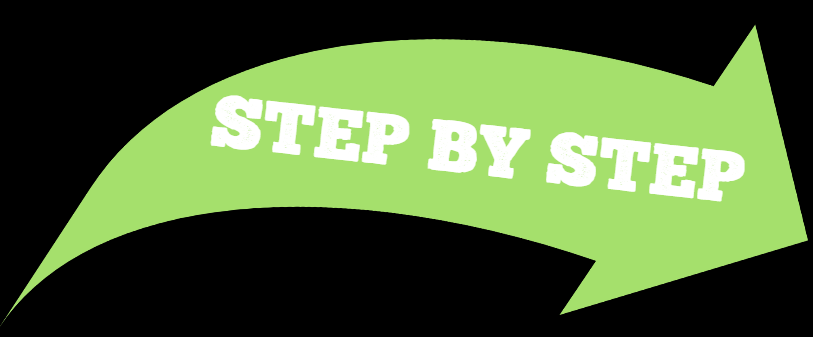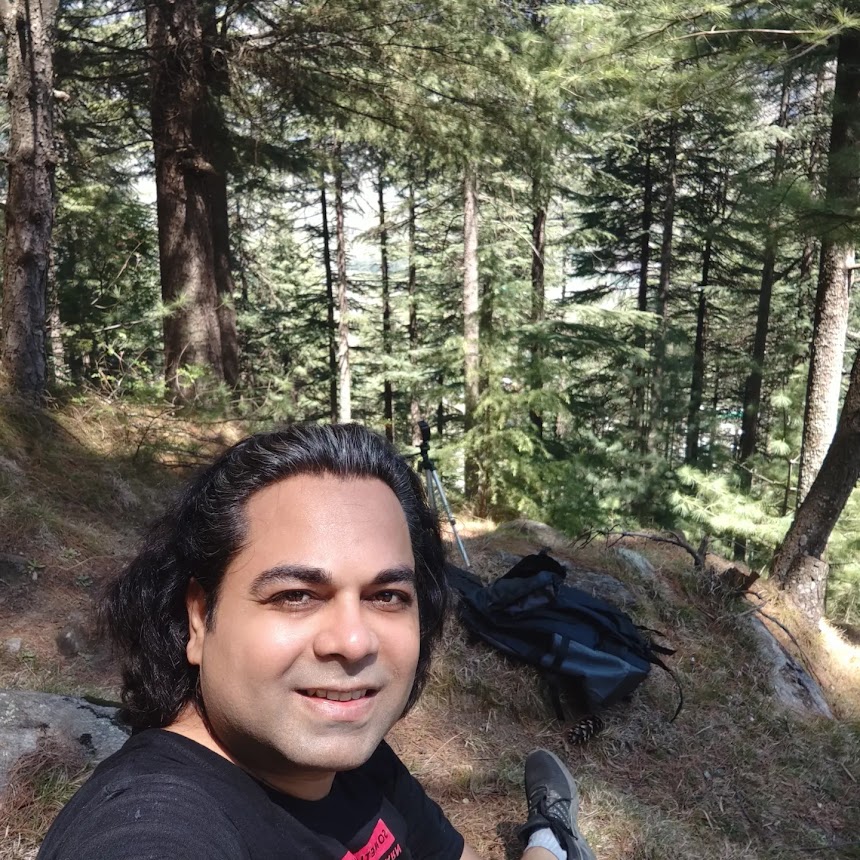Minimalistic Living: Less Clutter, More Life
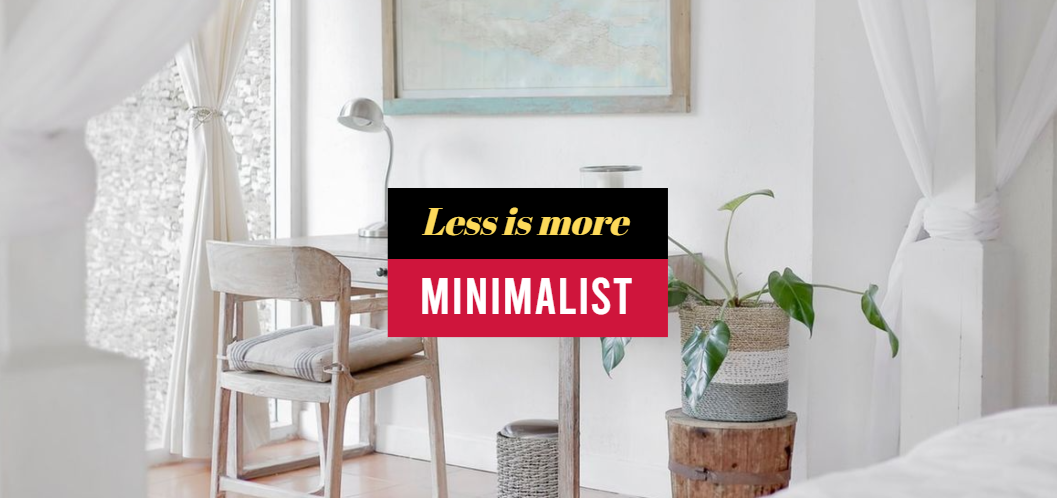
Forthcoming exploration of minimalistic living, we'll delve into the myriad benefits it offers. From reduced stress and financial freedom to enhanced well-being and creativity, we'll uncover how embracing simplicity can lead to less clutter and, undeniably, more life.
In our consumer-driven society, I find it all too easy to fall into the trap of believing that more is better. I'm constantly bombarded with advertisements, social media images, and societal pressures that incessantly whisper that my worth is tightly bound to what I own. It's no wonder I often equate success with an accumulation of material possessions. But here's where the illusion lies. More doesn't necessarily lead to happiness or contentment. In fact, excessive materialism can often have the opposite effect. It can lead to stress, financial strain, and a profound sense of emptiness. The pursuit of things can overshadow the pursuit of experiences, relationships, and personal growth—the very things that give life its true meaning. So, I've chosen to step back and reconsider my priorities, to embrace minimalistic living, and to free myself from the burdens of excess. Breaking free from conventional thinking, I made a rather unconventional decision a few years ago. I chose to sell my self-owned flat in Delhi NCR. This decision wasn't met with much appreciation from many, but it's often challenging for people to grasp that it requires a unique mindset to embark on such a path.

Minimalistic living beckons me to reconsider my priorities. It extends an invitation to declutter my life, both physically and mentally, freeing me from the burdens of excess. Through the act of simplifying, I uncover the true essence of existence—an existence enriched by experiences, relationships, and personal growth. In a world that often glorifies the accumulation of possessions, minimalism reminds me that the pursuit of a simpler life can be immensely rewarding. By letting go of the unnecessary, I make space for what truly matters, allowing me to find joy in the little things and appreciate the beauty of moments shared with loved ones. Minimalism isn't about sacrifice; it's about making intentional choices that align with my values and desires. It's about finding abundance in simplicity, and in that process, I find myself discovering a more meaningful and fulfilling life. And for this reason I have packed my world in my car, I drive travel and sometimes live out my car, carrying only the essential stuff that I need to sustain life.
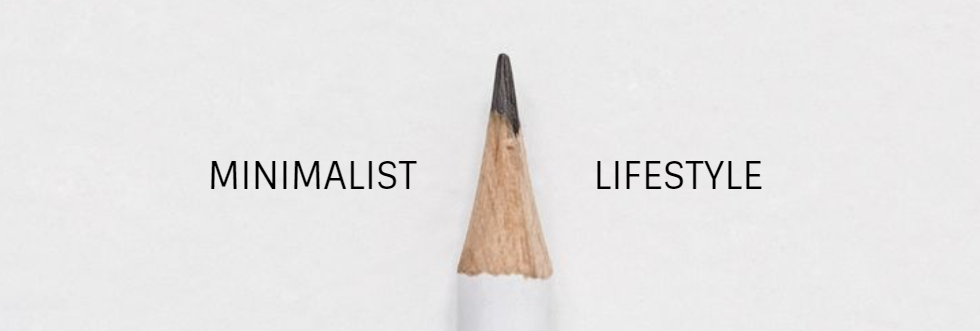
In the midst of our fast-paced, consumer-driven world, it's all too easy to forget what it truly means to live. We find ourselves ensnared in a relentless pursuit of material wealth, constantly striving for more, bigger, and better. This race can be so all-consuming that we inadvertently overlook life itself. Sitting down, relaxing, disconnecting, and pondering the actual amount of money needed to sustain life is a vital practice. It serves as a reminder that life isn't solely about accumulating possessions or endlessly chasing financial success. It's about savoring moments, forging meaningful connections, and nurturing our inner selves. In the whirlwind of daily responsibilities and societal pressures, we often forget to truly live. We forget to appreciate the simple joys, the beauty of a sunrise, the laughter of loved ones, and the serenity of a quiet moment. We forget that life is a collection of experiences, not a collection of possessions. By taking a step back and assessing our financial needs, we reconnect with the essence of living intentionally. We break free from the cycle of mindless consumerism, finding contentment in sufficiency. This practice fosters mindfulness and enables us to relish life's rich tapestry. It allows us to reclaim our time and energy, redirecting them toward what truly matters: living a life that is not defined by the pursuit of more but by the embrace of the present moment and the appreciation of the journey. As I took a moment to reflect on the financial requirements for my life, it dawned on me that I possess the potential to explore the entire world long before I reach retirement age. It became clear that I could shift my focus towards accumulating experiences rather than wealth.

In my journey towards minimalistic living, I've discovered a wealth of practical advantages. First and foremost, I've noticed that my living space is far less cluttered, making it easier to keep organized. This not only saves me time but also reduces stress. Financially, I've found myself in a more secure position, as I spend less on unnecessary items and have greater savings. Minimalism has also sharpened my focus, allowing me to be more productive and goal-oriented. My overall well-being has improved, as I embrace mindfulness and find contentment in simplicity. Additionally, I've become more conscious of the environment, making eco-friendly choices and reducing my carbon footprint. The freedom to travel and explore is a remarkable perk, as I'm no longer tied down by excessive possessions. Quality has taken precedence over quantity in my life, leading to more meaningful experiences and possessions. Personal growth and self-awareness have flourished, and I've noticed an uptick in creativity. Lastly, my relationships have deepened, as I prioritize people over possessions. Minimalistic living, for me, has brought about a sense of ease, purpose, and fulfillment that I wouldn't trade for anything.
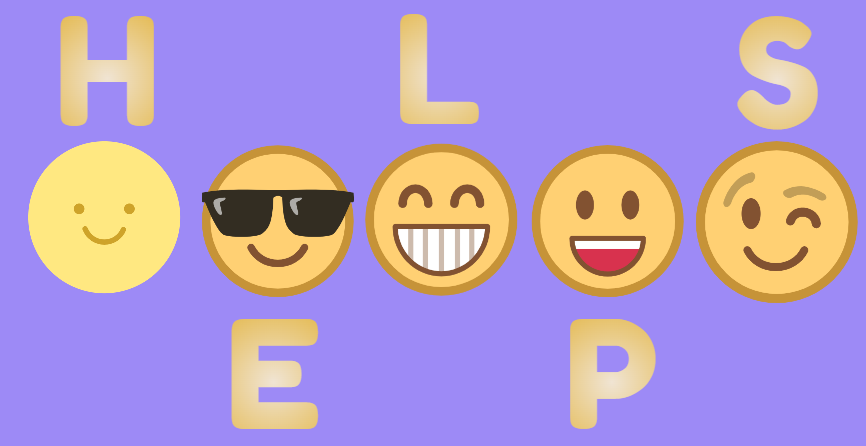
Achieving minimalistic living is a transformative journey that begins with a shift in mindset and intentional choices to simplify every facet of your life. It starts by assessing your values and core priorities, enabling you to set a clear direction. The path to minimalism often begins with decluttering, both physically and mentally. This means going through your belongings and evaluating if each item serves a purpose or brings joy. Items that no longer align with your values can be donated, sold, or responsibly discarded. In your physical environment, minimalist design principles can help create an uncluttered and serene space. Opt for functional and simple designs, neutral colors, and multifunctional furniture. Beyond your home, extend minimalism to your digital life by organizing your digital files, emails, and apps, and reducing time spent on social media and non-essential online activities. Managing finances wisely is another key aspect. Create a budget that reflects your values and priorities, reducing expenses on non-essential items while prioritizing savings. Streamline your wardrobe by curating a collection of versatile, high-quality clothing, and consider adopting mindful consumption habits. Minimalistic living goes beyond possessions; it's about practicing mindfulness and appreciating the present moment. Set limits on material possessions, time commitments, and digital distractions to regain control of your life. Focus on investing in experiences rather than accumulating stuff, nurturing relationships, and engaging in enriching activities. Educate yourself about minimalism through books, articles, and documentaries to gain insights and inspiration. Remember that minimalism is a personalized journey, and there's no one-size-fits-all approach. Begin gradually, making small changes that align with your values, and over time, you'll discover a simpler, more intentional, and fulfilling way of life.
